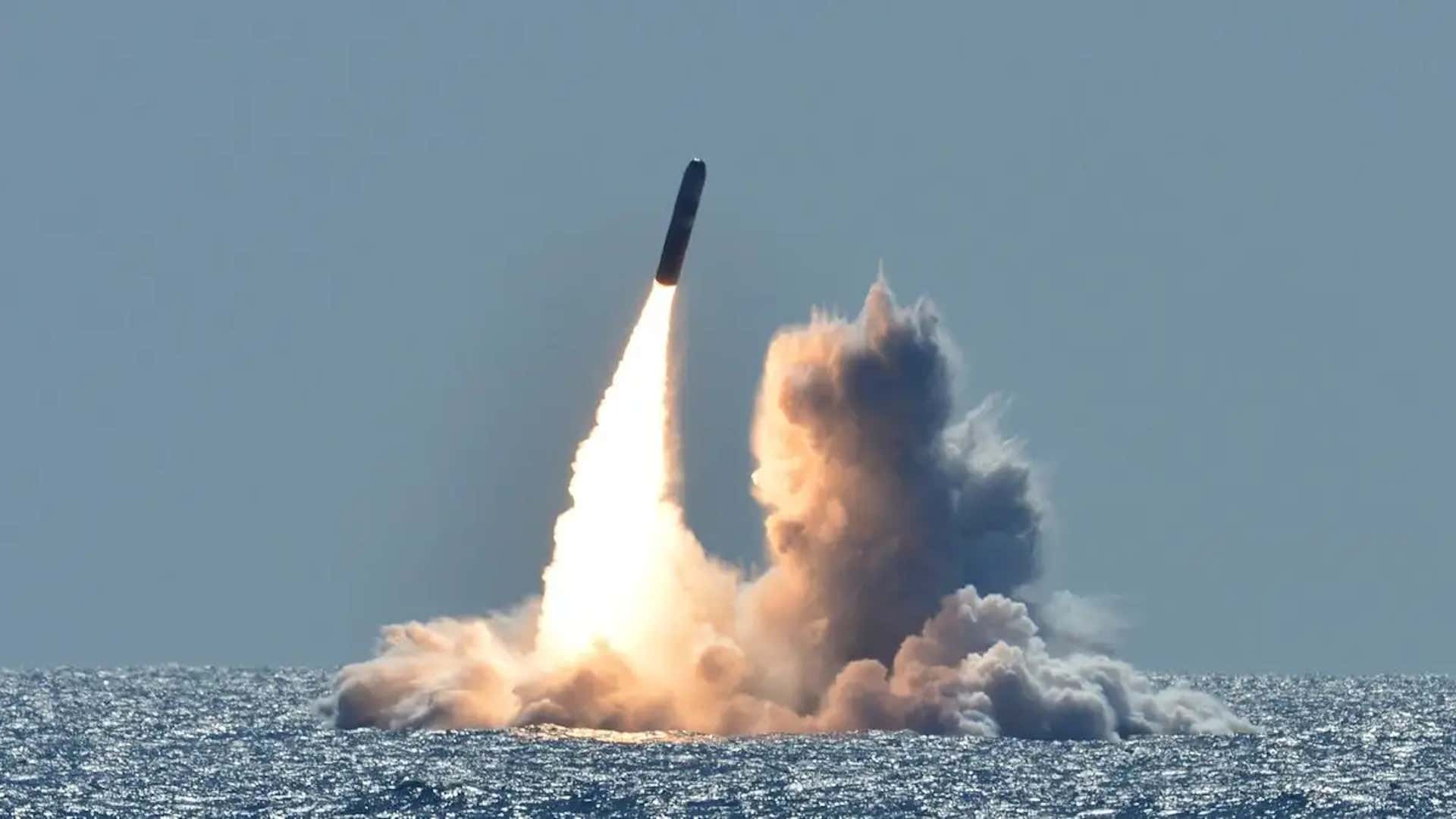The 2001 decision of then-US President George W. Bush to withdraw the United States from the Anti-Ballistic Missile (ABM) Treaty has proved to be detrimental to international stability, including the relations between Washington and Moscow, experts told Sputnik on the anniversary of the momentous choice.
Twenty years ago on December 13, Bush announced the exit from the treaty, signed by Moscow and Washington in 1972. The US officially left the agreement six months later, on June 13, 2002. The defunct treaty mandated both sides to desist from deployment, testing and development of sea-, air-, space- and mobile land-based anti-missile systems for intercepting strategic ballistic missiles.
Retired Russian Lieut. Gen. Evgeny Buzhinsky told Sputnik that the United States planned to create a continental anti-missile defense system against countries with an arsenal of warheads similar to North Korea and Iran. While the US is likely to have succeeded in doing so, its defenses are still unable to intercept a large-scale missile barrage from Russia.
“The end of the ABM treaty has not served anyone well. Russia, China, and North Korea are all investing in the development, and to varying extents deployment, of strategic delivery systems that can evade ballistic missile defenses,” Joshua Pollack, a senior research associate at the Middlebury Institute of International Studies in Monterey, California, said, adding that “the common factor between them is that they all are compelled to think about US ballistic missile defense developments.”
Ludo De Brabander, the spokesman for the Belgian peace organization Vrede, noted that the US has $ 9 billion in missile defense development for the fiscal year 2022, saying that more than 60 lawyers, former military officers, lawmakers and government officials are concerned about a new arms race between the US missile defense system against new offensive missile systems by Russia and China.

“When the ABM Treaty came into effect in 1972, this was exactly the concern. The aim was to avoid developing more and more new ballistic missiles that would circumvent missile defenses. If a country has an effective missile defense shield, the argument goes, it can launch a nuclear attack and parry a counter-attack, which would increase the likelihood of a first-use nuclear attack, “De Brabander explained.
The peace activist went on to say that the withdrawal “contributed to growing tensions between the two superpowers” and paved a way to “the erosion of the nuclear control regime.”
“According to ICAN (International Campaign to Abolish of Nuclear Weapons), the nuclear-weapon states spent a total of $ 72.6 billion last year, of which $ 37.4 billion was spent by the US. That is a dangerous development. Nuclear disarmament has come to a standstill, “De Brabander expressed his concern.
On the 20th anniversary of the US walking away from the agreement, the question remains whether a similar deal can be made between Moscow and Washington. The Middlebury expert is unsure how close the two sides are to agreeing on a new treaty, saying that the previous US administration paid no attention to those issues until its last year and made little progress at the time, meaning that a serious strategic stability dialogue between the two countries is still in its infancy.
“What I do know is that the US Senate is unlikely to ratify any arms control treaty for the foreseeable future. If [US President Joe] Biden and [Russian President Vladimir] Putin do hammer out an agreement, they will have to consider what the lack of a working ratification mechanism in the US means for it, “Pollack stated.
De Brabander, on his part, pointed out that while, Biden was an opponent of Bush’s withdrawal, describing it as a “serious mistake,” he seems to have forgotten those words, judging by the current defense spending.
- Via Sputnik News Agency. Views Personal
- Follow EurAsian Times on Google News